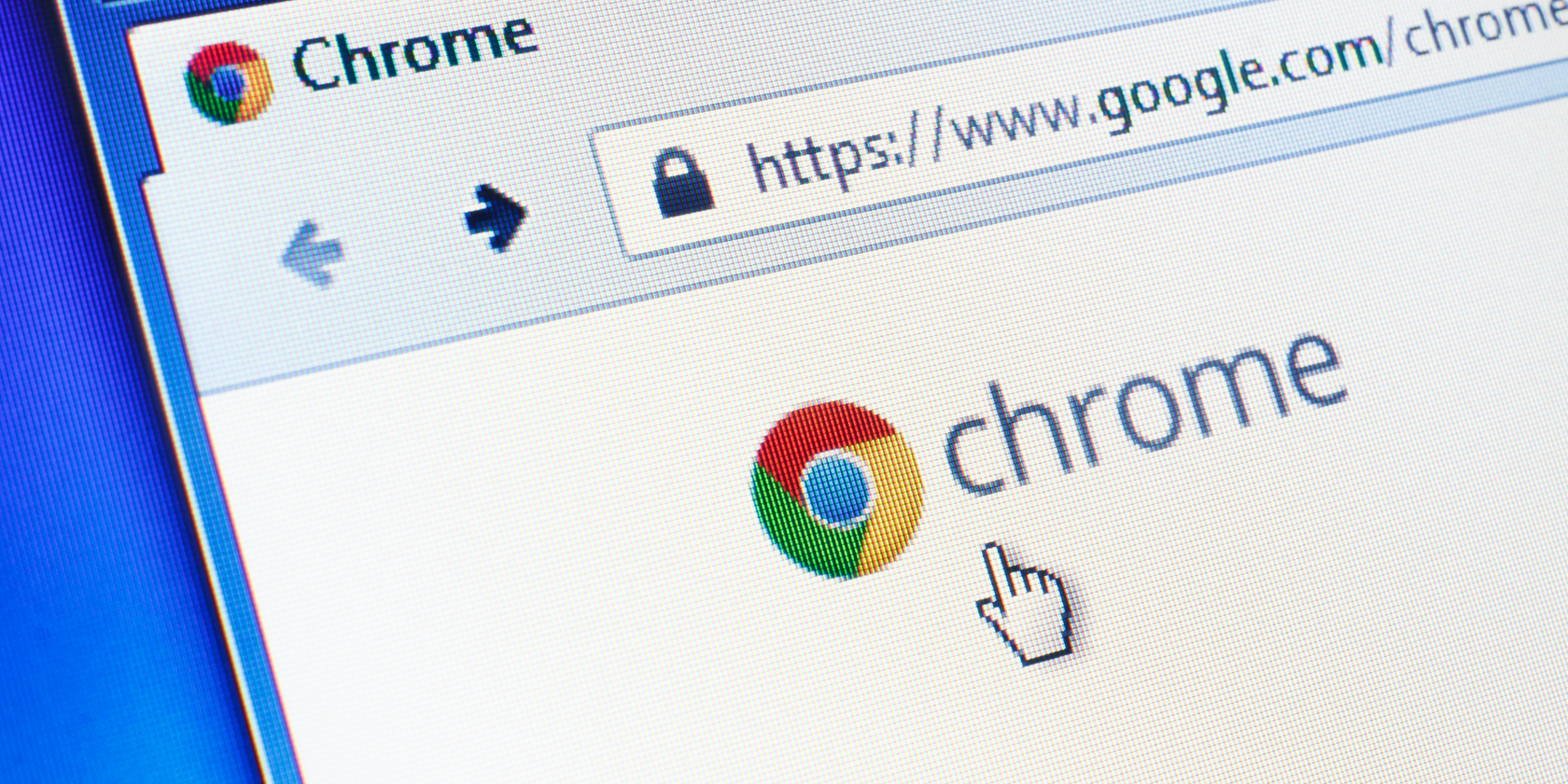Google Chrome is the most-used browser in the world, but that doesn't mean it's totally perfect. Fortunately, Google is currently working on updates to Chrome to help it run better on Windows 10.
Google's Fixes for Chrome on Windows 10
This news piece comes to us from Windows Latest. The website reports that Google is aiming to tackle two major problems with Chrome: its insatiable appetite for RAM, and its tendency to crash on Windows 10.
For the RAM issue, Chrome had a feature in the works called the Segment Heap. However, Microsoft beat them to the punch and implemented its own Segment Heap for Windows 10. Not only that, but Microsoft allows other programs to use its Segment Heap; like web browsers, for instance.
As such, Google is stopping development on its own Segment Heap and is instead working on the less-catchy-sounding "ParitionAlloc-Everywhere." This will let Chrome allocate its memory usage better, so it doesn't have to devour the computer's RAM to work.
As for the stability problems, Google wants to make use of Windows 10's TerminateProcess feature. This feature helps a program to shut down cleanly, which is a big problem with complex software.
Google wants to make it so that its browser uses more of this handy TerminateProcess feature when it wants to stop a process. Google reckons that this move will mean that Chrome will shut down a lot cleaner than it used to, resulting in it crashing less.
A Much-Desired Update for Windows 10 Chrome Users
Chrome's tendency to absorb every megabyte of RAM is definitely not news amongst its Windows 10 users. For years, people have been trying all kinds of tricks to reduce Google Chrome's RAM usage and free up their PC once more.
Fortunately, it seems both Google and Microsoft want to work together to stop Chrome from taking over people's resources. With Microsoft's updates to Windows 10, plus Google's efforts to make Chrome run better, the browser's appetite for RAM will hopefully become a thing of the past.
Is This the End of Chrome's Reign Over RAM?
If you're not a fan of Chrome's desire to take over your computer's resources, hope is on the way. Both Microsoft and Google are working together to make Chrome run better; we just have to wait and see if their efforts are enough to sate the browser's hunger for your RAM.
For now, however, you'll need to do some detective work to find out which processes are using up your resources. Fortunately, everyone has access to the Chrome Task Manager that can identify CPU and RAM hogs.
Image Credit: Evan Lorne / Shutterstock.com

